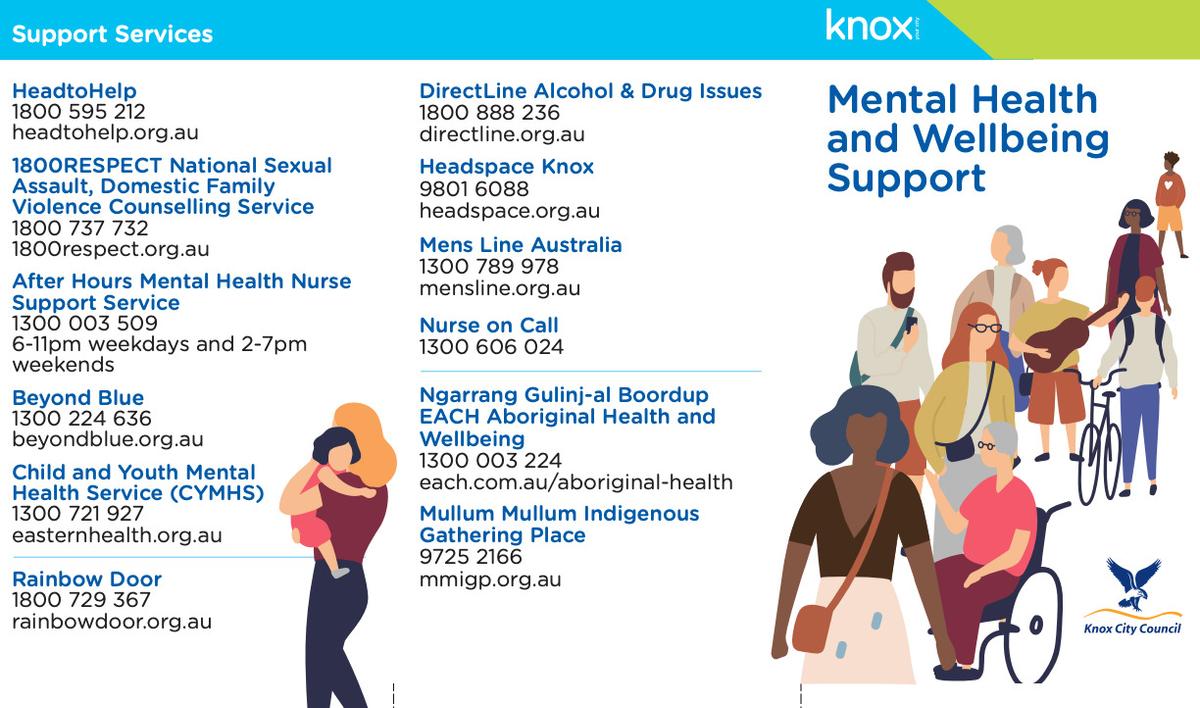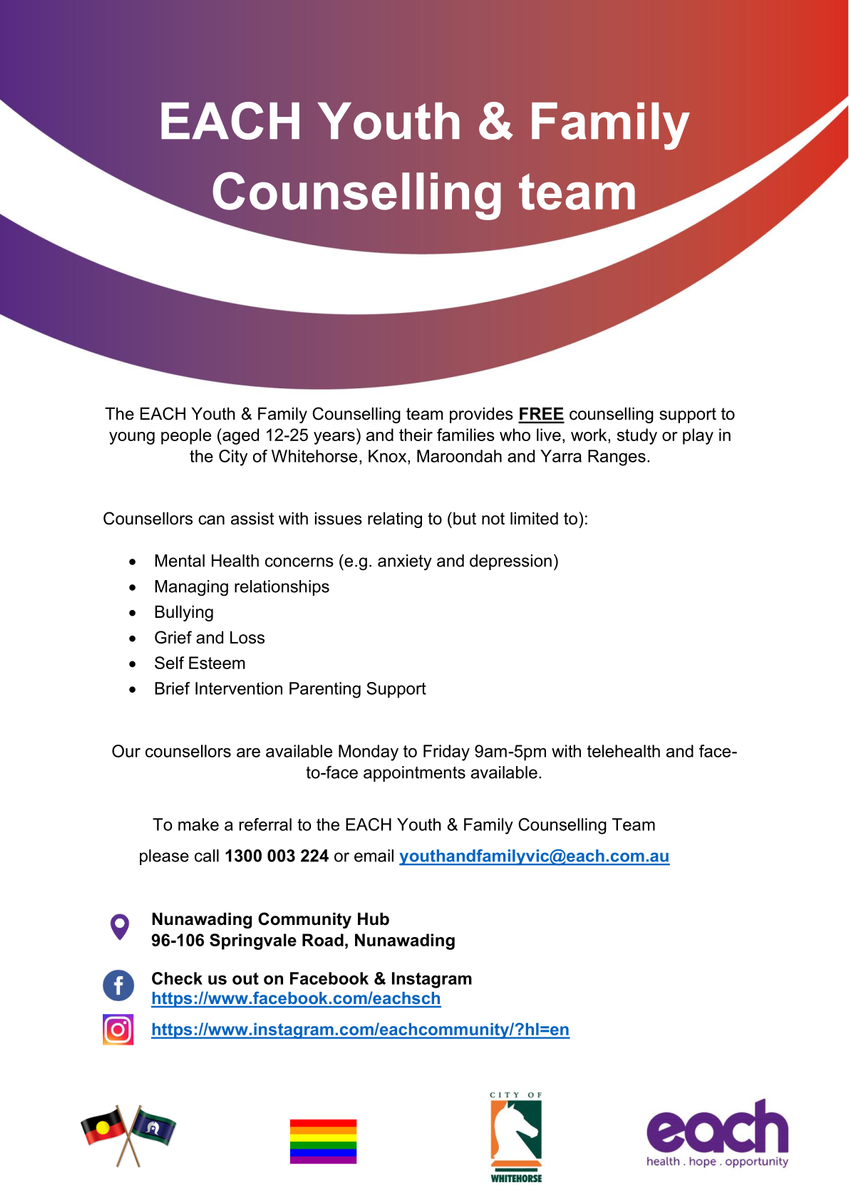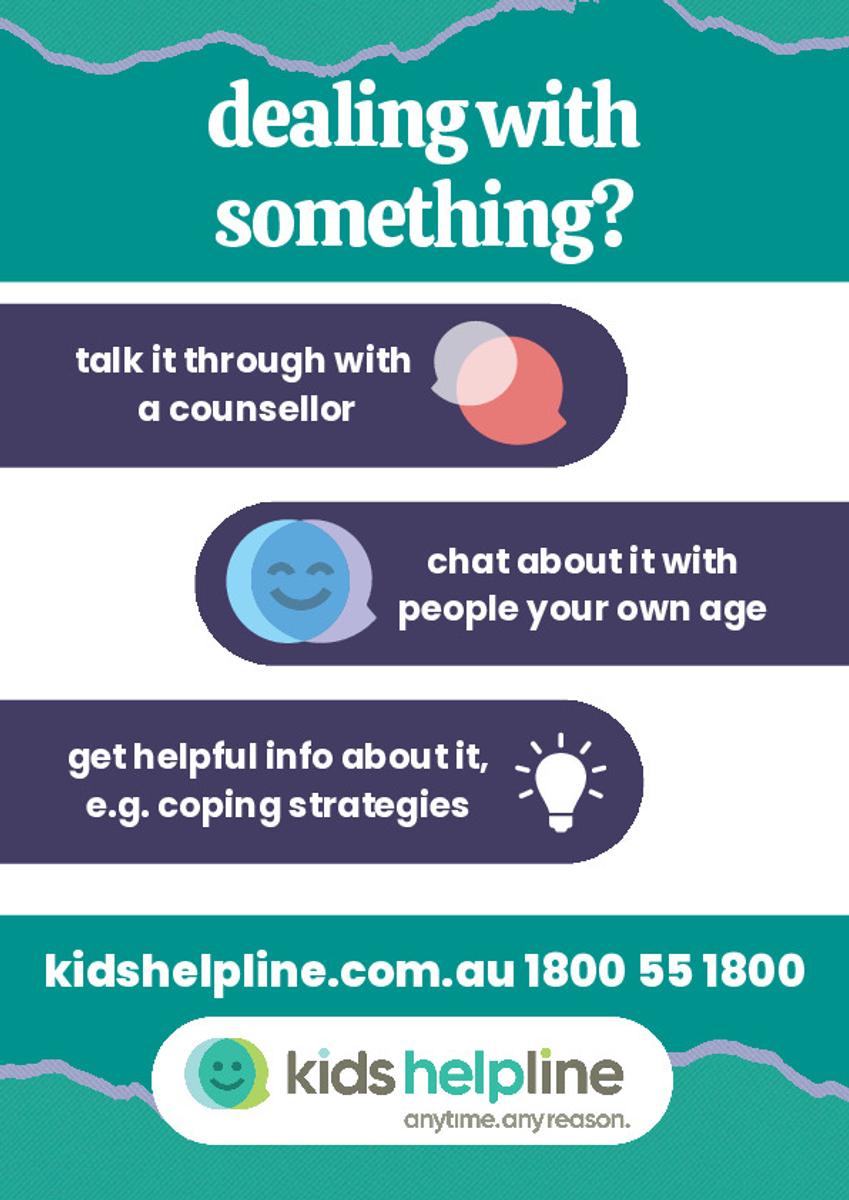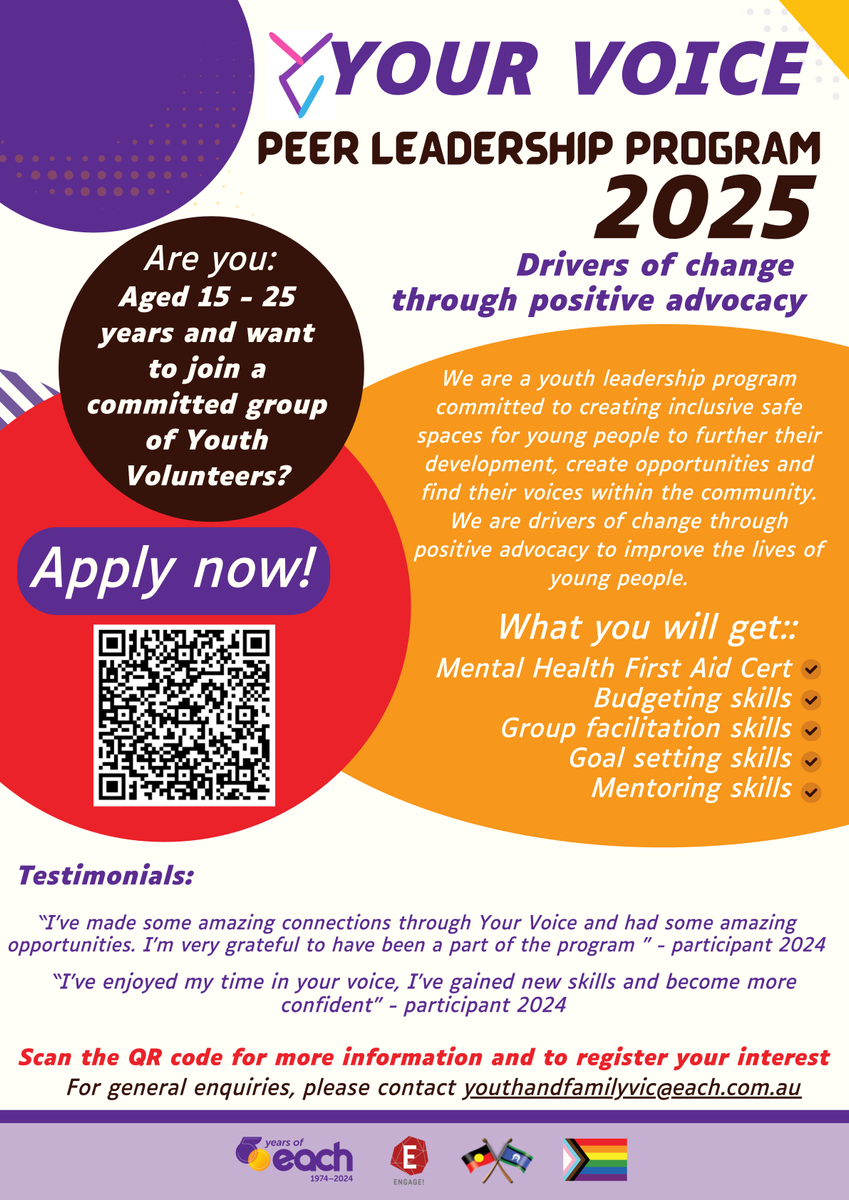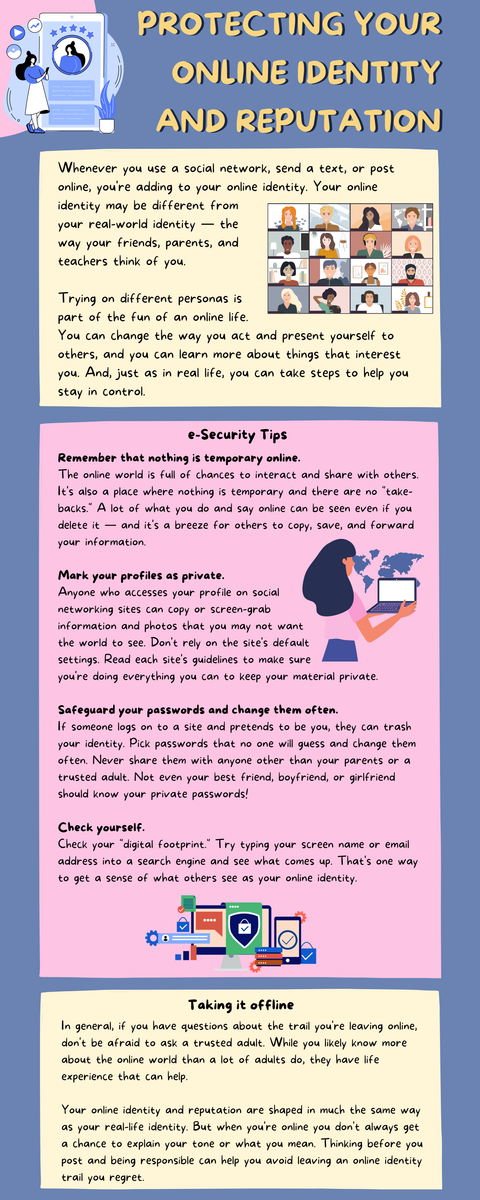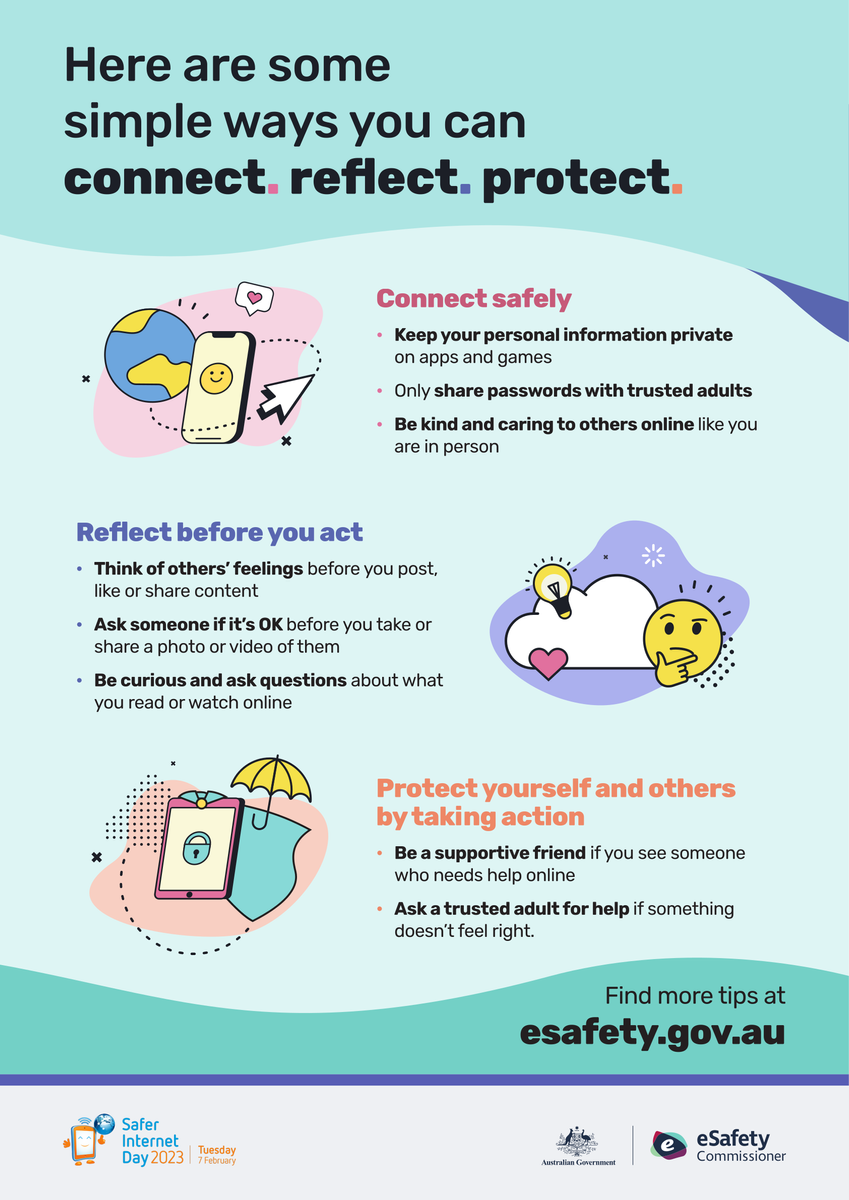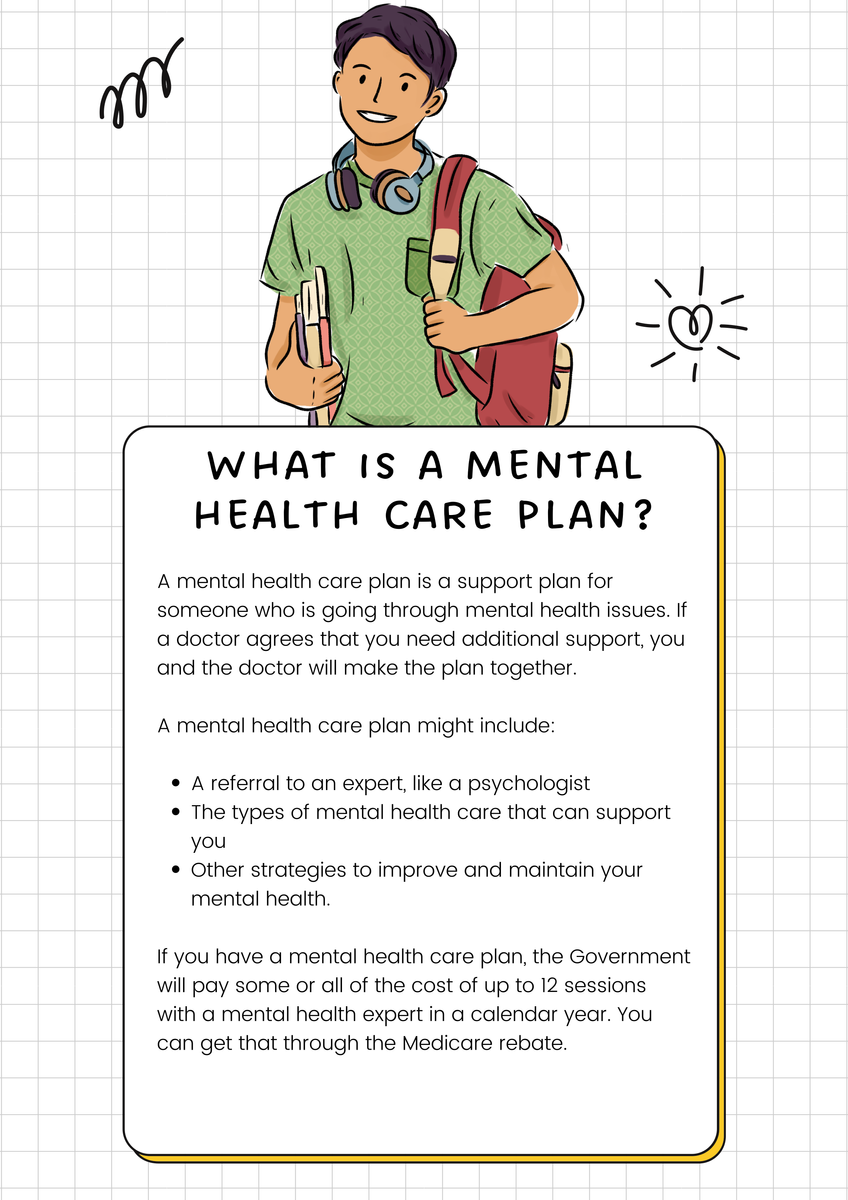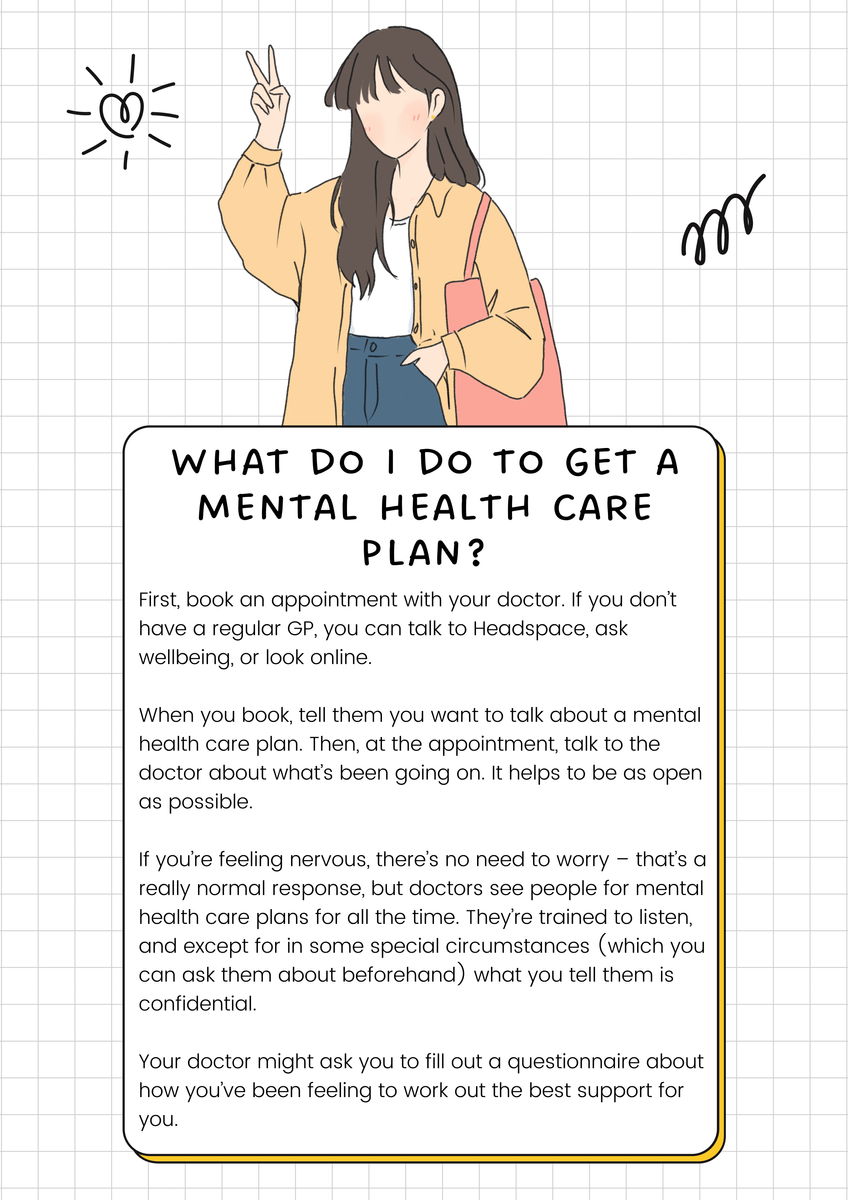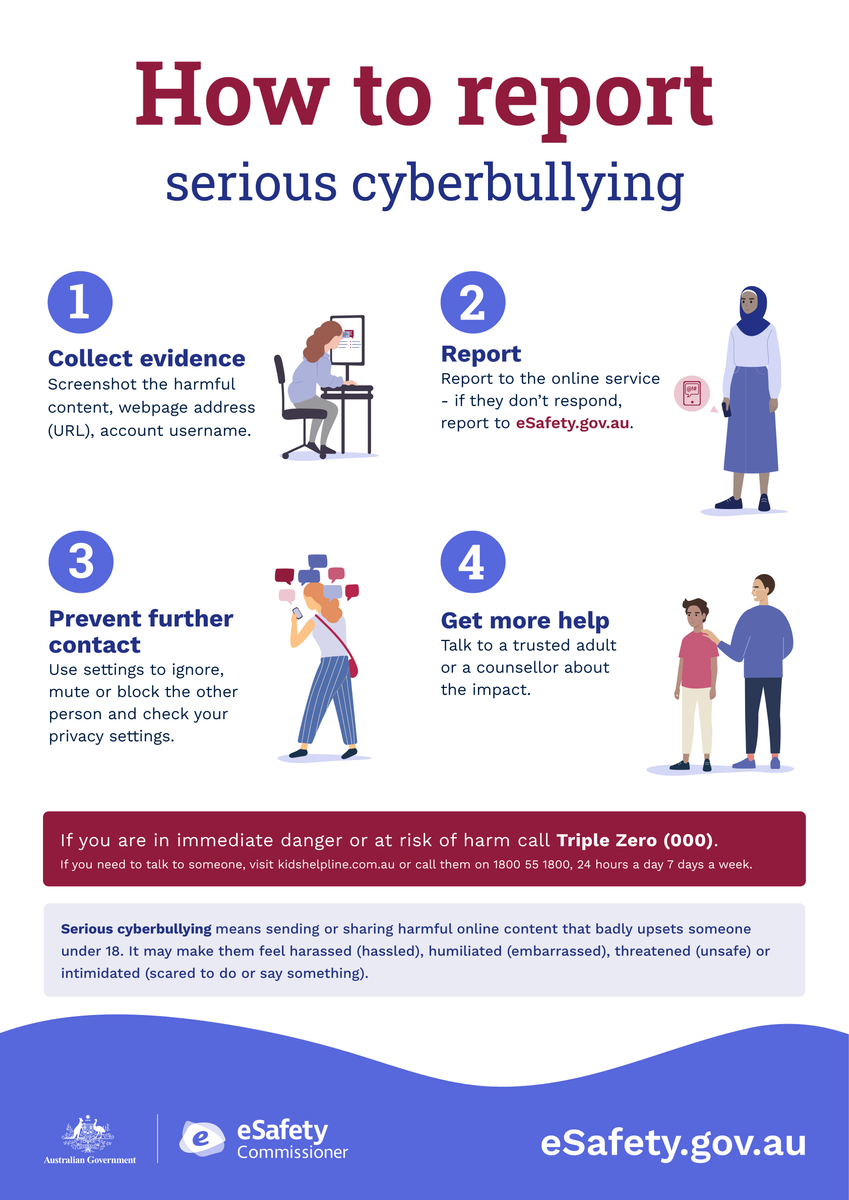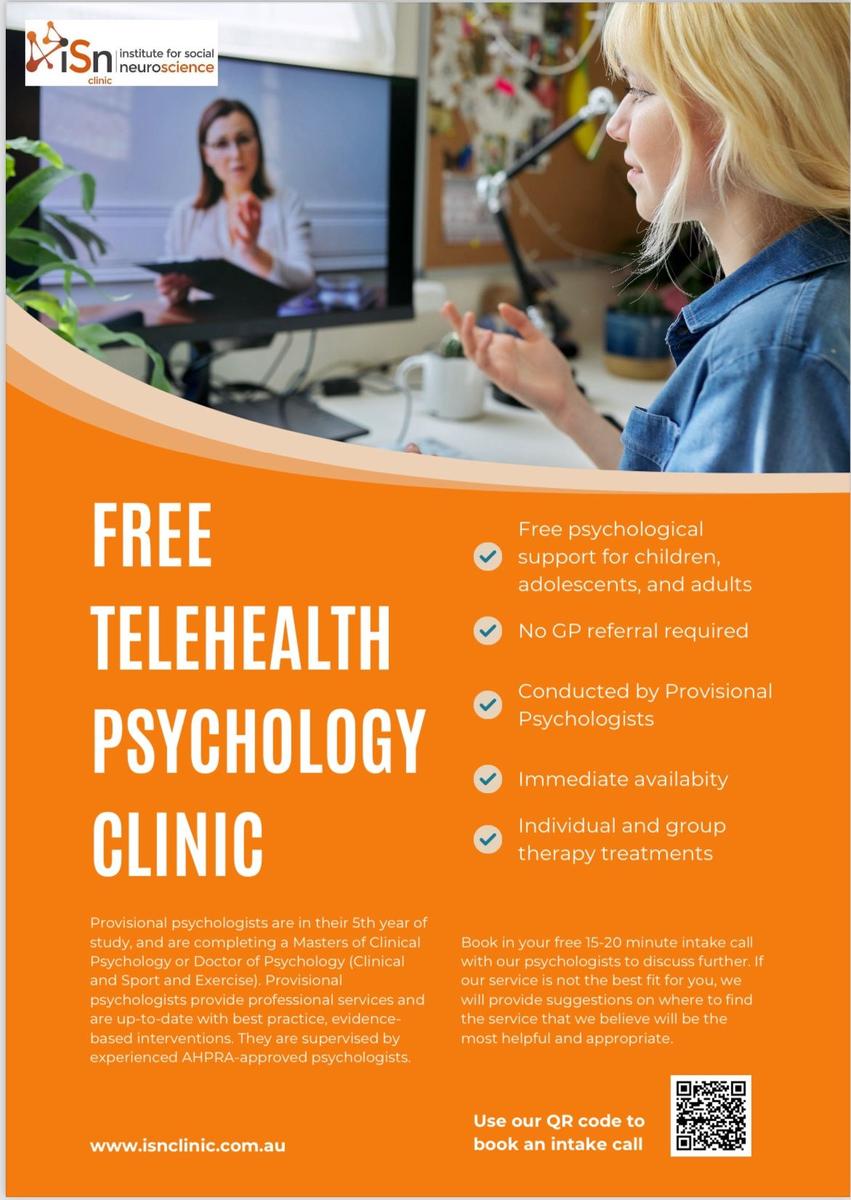Parent Wellbeing

Helping Your Teen Master Time Management
Many of our students find themselves balancing an increasing number of obligations as the school year goes on, including extracurricular activities, social engagements, academic work, and occasionally part-time jobs. They may find it difficult to efficiently manage their time. As parents, you play a crucial role in assisting your teens with this vital skill. Gaining proficiency in this area has a big impact on their future aspirations, personal development, and mental health in addition to helping them succeed academically.
This newsletter will discuss the importance of time management, how it may boost productivity, lower stress, and enhance academic success, and—above all—how you can support your teen in forming sound time management practices.
Why time management is important?
Time management is a crucial skill for anybody to have, but for teenagers it is especially important. Teens are exposed to a more intricate and challenging academic framework in high school, which includes numerous classes, a variety of assignments, extracurricular activities, and maybe even family obligations. They can stay organized and manage this complexity with the use of time management.
Effective time management can provide the groundwork for future success in life, the workplace, and academia. Teens who are adept in time management not only manage their extracurricular and academic activities, but they also develop self-confidence in their capacity to prioritize assignments, establish objectives, and see them through to completion. These behaviours are crucial for success in school and in life after high school.
Reduce stress for teens
Stress reduction is among the most important advantages of efficient time management. The excessive expectations that teens face—homework, tests, social gatherings, and extracurricular activities—often cause them to feel anxious. They can find themselves hurrying to finish tasks at the last minute or cramming the night before an exam if they don't practice time management. This causes emotions of overwhelm and may be a factor in burnout.
Students can steer clear of these stressful situations by practicing effective time management. They can work at a reasonable pace and feel less pressure if they set aside enough time for homework, studying, and other obligations. They are able to handle chores methodically and lessen the anxiety that frequently surfaced when everything seemed urgent and chaotic when they had a clear plan in place.
How to foster good time management
You have a crucial role to play as a parent in assisting your teen in forming sound time management practices. Teens can benefit from direction and support, but they also need to accept responsibility for their time. The following techniques can help you develop effective time management:
Encourage downtime and breaks
A prevalent misunderstanding regarding time management is that it involves just filling the schedule with as many tasks as you can. Acknowledging the necessity of breaks and downtime is a component of efficient time management. Teens require downtime, particularly while working on physically or intellectually taxing chores.
Promote a Well-Balanced Schedule
Teens' mental health and avoidance of feeling overburdened depend on having a balanced routine. As a parent, assist your teenager in making a well-rounded weekly plan that consists of:
Study time: Set aside time for each subject's homework and study sessions.
Extracurricular activities: Make sure your kid has adequate time for any groups, sports, or part-time jobs they may be involved in.
Rest and relaxation: Make sure your teen has adequate time for sleep, leisure, and relaxing activities.
Family time: Academics and extracurricular activities are vital, but so is family time. A regular family meal or outing should be a priority.
Your teen won't feel overworked and can devote adequate time to each area of their life if they have a balanced routine.
Looking for Support?
EACH - Health Services 1300 003 224
These services are free or low-cost.
93 Boronia Rd, Boronia
Youth Mental Health Services 9298 8469
headspace 1800 650 890
Safe Steps Family Violence Response Centre 1800 015 188 (24 Hours)
1800 Respect 1800 737 732 (24 Hours)
Nurse on Call 1300 60 60 24
The Butterfly Foundation 9822 5771
FriendLine 1800 424 287
24/7 Mental Health Hotlines:
Kids Helpline 1800 55 1800
Lifeline - Call 13 11 14, text 0477 13 11 14 or chat online.
Suicide Call Back Service 1300 659 467 or suicidecallbackservice.org.au
Beyond Blue 1300 22 4636
Student Wellbeing Team
Email: wellbeing@wantirnacollege.vic.edu.au
Chelsea Collings - Leader of Wellbeing
Guiseppe Relia – Wellbeing Counsellor
Sanela Avdic - Wellbeing Counsellor
Talea-Jane Simpson – Wellbeing Counsellor
Tajinder Wulff - Mental Health Practitioner 7-8
Lea Marrison - Mental Health Practitioner 9-12

